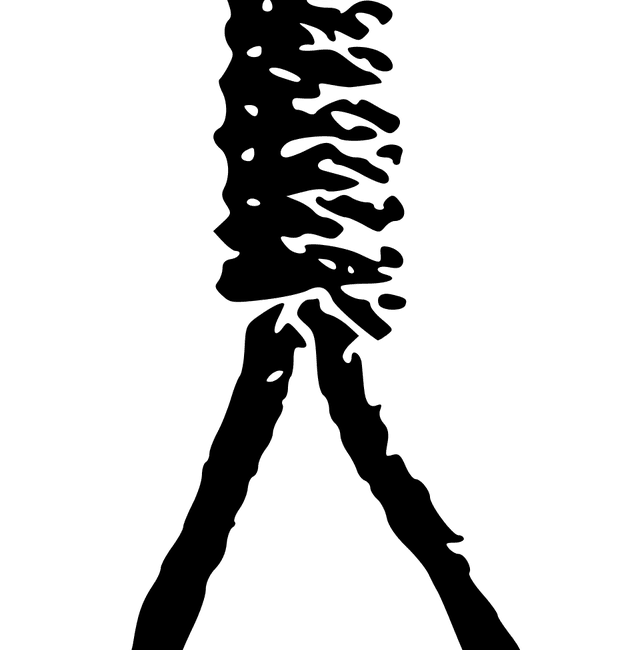On October 15, in the Shia mosque of Fatemieh in Kandahar, at least 41 persons have died and dozens have been wounded in several suicide explosions, during the great Friday prayer. Islamic State in Khorasan (ISK) group claimed the attacks in an Amaq communiqué and on Jihadist organization's Telegram pages. It is said that two group's members entered the mosque and detonated theirs bombs.
In a press conference, the chief of Kandahar Taliban police, Maulvi Mehmoud, has strongly condemned the attacks and declared that "all security services work for finding out the persons involved and for punishing them". In the future, he added, "we shall take the responsibility of all cult places by placing special guards in-there".
The US Department of State's spokesman, Ned Price, also condemned the attacks and reiterated his demand to Taliban in order to "respect their commitments for fighting terrorism and especially for assaulting the common threat, the ISK".
Since their grasp of power in Afghanistan, on August 15, Taliban have faced a bloody wave of attacks perpetrated by ISK. Last week, in Kunduz, a kamikaze bomber detonated his explosive vest, during the great prayer in the Shia mosque of Gozar-e-Sayed, killing at least 50 worshipers. Five days ago, another attack of ISK, in Kabul this time, has inflicted five victims.
Analysts stated that the Kandahar attacks, in very Taliban camp, is a genuine challenge to them, who pretended the country's control, and they say "whether Taliban cannot protect Kandahar, how could they protect the rest of Afghanistan from the ISK's attacks?".
Suicide attack in Kandahar

